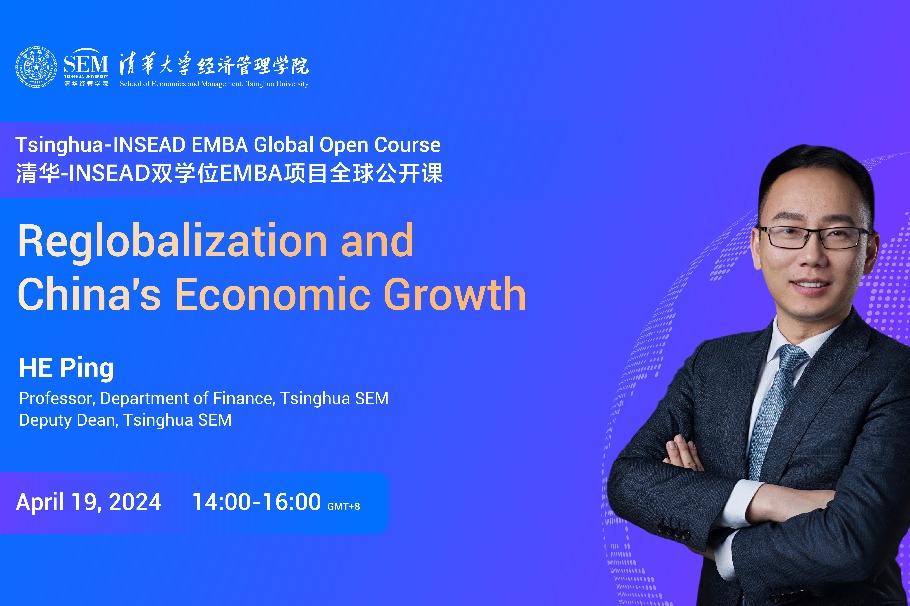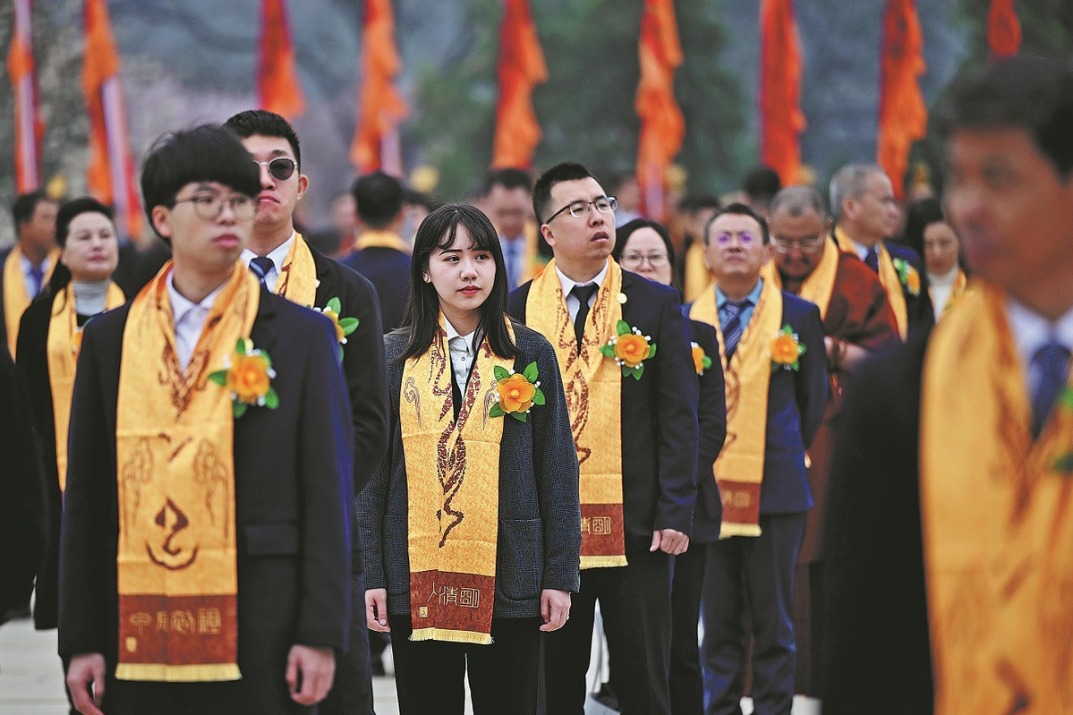Is Phase One a Turning Point in Relations?
China- US focus | Updated: 2020-01-17 10:18

In the closing days of 2019, Global Times held a forum that brought together many experts to discuss the prospect of a turning point for China and the United States. The discussions were focused on two questions: Is the phase one trade deal a sign of warmer relations? And, what does the future hold for China-U.S. relations in 2020?
On the first question, the experts offered the following arguments:
First, there are no winners or losers in the trade war. For the Americans, what has been recognized and accepted is the fact that we are living in a diverse world, not a uniform one.
"We have a free market system; they have a state-run socialist system. We have to find a way for these two systems to work together," U.S. Trade Representative Bob Lighthizer said.
The Americans had thought their country was in a better position in the trade war and would win easily. But now they have decided to sign the deal because they have felt the pain of their mistakes.
Second, the phase one trade deal means that China and the United States have reached a strategic stalemate, or a certain degree of equilibrium. But it's a fragile balance: It takes enormous effort to turn words on paper into actions on the ground. Even if the deal is implemented, America may look for some excuse to brandish the stick against China again.
Third, the deal is a good starting point, and bilateral trade is expected to stabilize and rebound in 2020. This negotiation-based approach can be applied to issues in other sectors.
Fourth, the deal is not a turning point in China-U.S. relations. It means only that both nations are pausing to take a breath. In fact, the real turning point appeared when the U.S. released several reports that labeled China a strategic competitor. These reports claim that China intends to strive for dominance in the Asia-Pacific region in the near term and replace U.S. global leadership in the long term.
As for the upcoming American presidential election, the experts shared a similar view that China typically shows up as a recurring issue in every election cycle, but domestic issues are the primary focus. This year will be no exception.
According to some experts, the United States is torn. There is an an America controlled by Republicans versus an America controlled by Democrats; an America dominated by industrial capital versus an America that represents financial interest groups; an America that advocates pragmatism versus an America that stands for populism. The intensifying divides will surely have an impact on China, and it is likely that attention will be diverted to China when competing interest groups find themselves at an impasse.
When it comes to the future trajectory of China-U.S. relations, there is notable disagreement among the experts. For years, economic and trade relations have been the ballast stone. But with the start of the trade war, this stone proved to be a breaking point.
At the forum, nearly half the experts continued to support the ballast stone theory, albeit with some reservations. Growing trade and people-to-people ties have have had a visible impact on the lives of both peoples, they said. They believe China and the U.S. can work out how to adjust their imports and exports, and that there is no need to abandon economic and trade ties altogether. Some experts also predicted that after the signing of the phase one deal, bilateral trade will stabilize and rebound.
On the future trajectory of bilateral relations, the optimists believed that problems between the two countries have been exaggerated by the media and that not all Americans stand against the rise of China.
Evidence for this view includes a seminar hosted by the Brookings Institution in May 2019, where virtually all the participants called for greater cooperation with China. More proof is found in the fact that American companies outnumbered those from other places — including Japan and Europe — at the second International Import Expo in Shanghai recently.
As China opens wider to global investment, more American businesses will reap the benefits of a growing Chinese market and make a positive impact on their government and people.
A balance of power will be achieved once again, the experts argued, and a new strategic balance will be struck over time.
On the other hand, pessimists at the forum held that while business cooperation may deliver benefits to both countries and help warm up bilateral relations, structural problems are more difficult to address in the foreseeable future.
On the surface, the United States launched a trade war against China for economic reasons, but this is essentially a form of strategic competition. U.S. reports outlining national strategies, including those for national defense, security and nuclear matters, clearly state the view that China is leveraging its economic power to expand its influence and pursue its goals.
For the Americans, concerns have arisen because China is growing stronger as it follows a different path politically and ideologically. Therefore, in their view, it must be contained. In other words, business cooperation can help cushion the impact of a rivalry but cannot solve fundamental problems.
Specifically, Americans seem unwilling to tolerate three things about China:
• It has a completely different system;
• Its rapidly growing high-tech and high-end manufacturing sectors are poised to replace America's leadership role;
• Its Belt and Road Initiative could reshape the international landscape formed by the United States after World War II.
Then what will America do in response? In the view of some experts, the U.S. will crack down on China on all fronts and at all levels. This includes the political, economic, military, diplomatic, financial and technology sectors. In addition, it will take actions not only on the periphery of China but also across the Asia-Pacific region and the globe. As a result, some experts argued, the most immediate issue in China-U.S. relations is the avoidance of strategic miscalculations that could lead to conflicts and crises, and ultimately to situations that are out of control.
In 2013 Henry Kissinger remarked that China and the United States, working together, may not address all the problems in the world, but if they do not cooperate, nothing can be accomplished.
Kissinger's words were quoted often at the forum, reflecting the views and aspirations not only of the Chinese experts at the forum but of the wider society as well.























